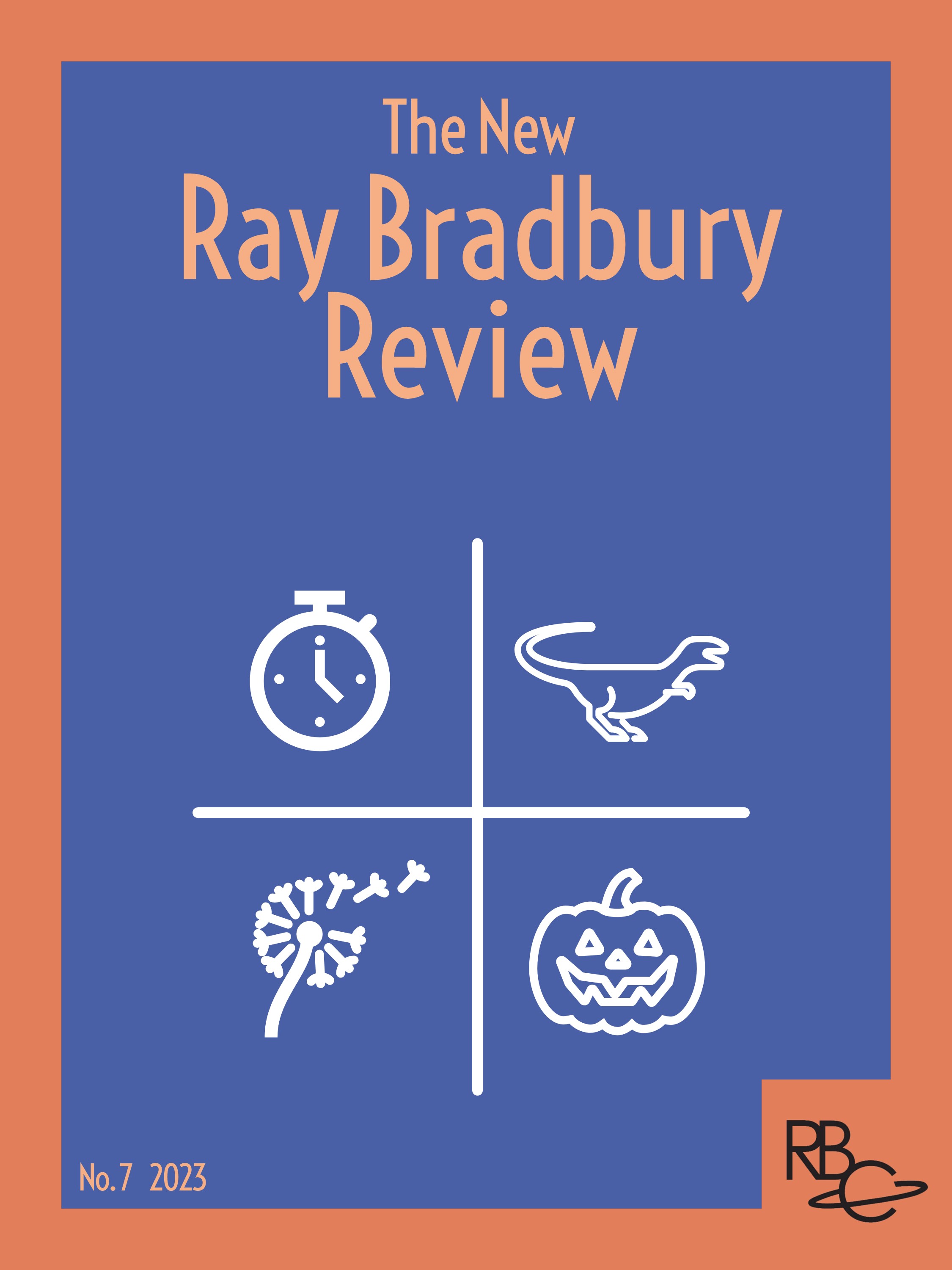Literacy is Freedom
DOI:
https://doi.org/10.18060/27572Keywords:
Literacy, freedom, censorship, United States, history, violence, Black historyAbstract
Throughout history, books have been banned. Reasons have varied; however, the impact often remains the same. Laws and policies, violence and death often accompany destructive movements that attempt to censor individuals to ensure the group remains ignorant, docile, and obedient. Ray Bradbury’s Fahrenheit 451 offers a critique of this narrative. The critique discusses and questions how the censorship of books and publicized violence control the minds and actions of many.
Within this article, there is an exploration of literary censorship in the United States targeted toward one specific group – Black Americans. From the 1730s to present-day, literacy has consistently been stymied by laws, policies, violence, and death for Black Americans. This article seeks to draw comparisons between Fahrenheit 451 and the historical patterns of censorship, as well as examine how those practices continue today.
Fahrenheit 451’s narrative is a discussion of subjugation through book censorship. Literacy continues to be blocked between the intersections of education and policy for Black Americans with systems in place to sustain subordination. It is important to understand that as Black Americans continue to strive for literacy, they are also striving for freedom.
Downloads
Published
How to Cite
Issue
Section
License
Copyright (c) 2023 Carissa McCray, Harley Campbell

This work is licensed under a Creative Commons Attribution-NonCommercial 4.0 International License.
The New Ray Bradbury Review is published under an Attribution-NonCommercial 4.0 International (CC BY-NC 4.0) Creative Commons License. All content is freely available without charge. Readers are permitted to read, download, copy, distribute, print, search, or link to the full texts of the articles, or use them for any other lawful purpose, without asking prior permission from the publisher or the author(s).


